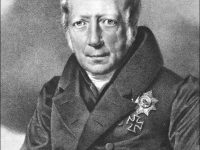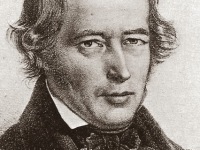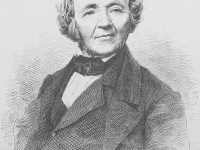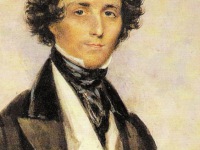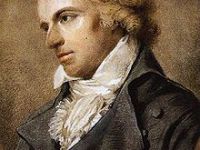Wilhelm von Humboldt and the Reform of Prussia’s Education System
On June 22, 1767, Friedrich Wilhelm Christian Karl Ferdinand von Humboldt was born. He was a Prussian philosopher, government functionary, diplomat, and founder of the University of Berlin. He is especially remembered as a linguist who made important contributions to the philosophy of language and to the theory and practice of education. In particular, he is widely recognized as having been the architect of the Prussian education system which was used as a…
Read more

